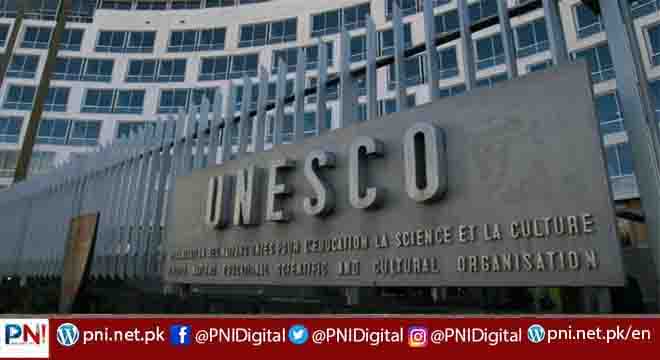Paris, Feb 22 (AFP/APP):Participants at a global UN conference in France’s capital on Wednesday urged the international community to find better safeguards against online disinformation and hate speech.
Hundreds of officials, tech firm representatives, academics and members of civil society were invited to the two-day meeting hosted by the UN’s cultural fund to brainstorm how to best vet content while upholding human rights.
“Digital platforms have changed the way we connect and face the world, the way we face each other,” UNESCO director general Audrey Azoulay said in opening remarks.
But “only by fully evaluating this technological revolution can we ensure it is a revolution that does not compromise human rights, freedom of expression and democracy.”
UNESCO has warned that despite their benefits in communication and knowledge sharing, social media platforms rely on algorithms that “often prioritise engagement over safety and human rights”.
Filipina investigative journalist Maria Ressa, who jointly won the Nobel Prize Prize in 2021 for exposing abuses under former president Rodrigo Duterte, said social media had allowed lies to flourish.
“Our communication systems today are insidiously manipulating us,” she told attendees.
“We focus only on content moderation. It’s like there is a polluted river. We take a glass… we clean up the water and then dump it back” in, she said.
But “what we have to do is to go all the way to the factory polluting the river, shut it down and then resuscitate the river.”
She said that, at the height of online campaigns against her for her work, she had received up to 98 hate messages an hour.
A little over half sought to undermine her credibility as a journalist including false claims that she peddled “fake news”, she said.
The rest were personal attacks targeting her gender, “skin colour and sexuality” or even “threats of rape and murder”.
Follow the PNI Facebook page for the latest news and updates.









